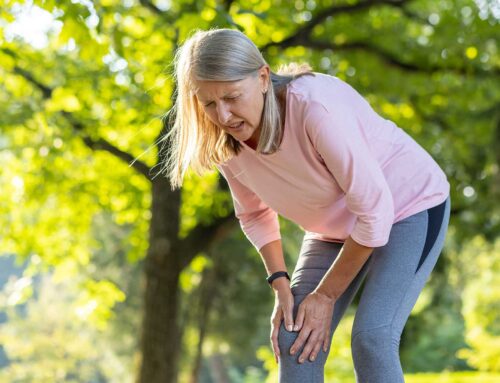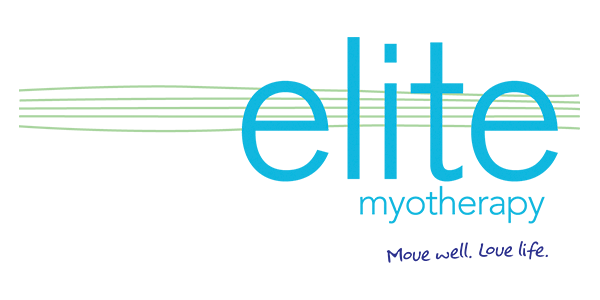Muscle cramps are a common issue that many people experience at some point in their lives. These sudden, involuntary contractions of one or more muscles can be painful and disruptive, impacting daily activities and overall well-being. Understanding the common causes of muscle cramps, their impact, and how to prevent and treat them can help you manage this discomfort more effectively.
Common Causes of Muscle Cramps
- Dehydration: Not drinking enough water can lead to electrolyte imbalances, causing muscle cramps.
- Overuse or Strain: Intense physical activity or overworking a muscle can result in cramps.
- Poor Circulation: Reduced blood flow to the muscles can cause cramps, particularly during exercise.
- Nutrient Deficiencies: Lack of essential minerals such as potassium, calcium, and magnesium can trigger muscle cramps.
- Prolonged Sitting or Standing: Remaining in one position for too long can cause muscle stiffness and cramps.
Impact on Daily Life
Muscle cramps can significantly impact daily life by causing sudden pain and discomfort, which can interrupt sleep, physical activities, and even simple tasks like walking or sitting. Chronic muscle cramps can lead to persistent soreness and decreased muscle function, affecting overall mobility and quality of life.
Self-Help Tips to Prevent Muscle Cramps
- Stay Hydrated: Drink plenty of water throughout the day to keep your muscles hydrated and maintain electrolyte balance.
- Balanced Diet: Ensure your diet includes essential minerals like potassium, calcium, and magnesium, which are crucial for muscle function.
- Regular Stretching: Incorporate regular stretching into your routine, especially before and after exercise, to keep muscles flexible and reduce the risk of cramps.
- Proper Warm-Up and Cool-Down: Always warm up before physical activity and cool down afterwards to prepare your muscles for exercise and prevent cramps.
- Avoid Prolonged Inactivity: Take breaks to move around if you sit or stand for long periods, promoting better circulation and muscle health.
How Myotherapy Can Help
Myotherapy offers a comprehensive approach to managing and preventing muscle cramps. Myotherapists use various techniques to alleviate pain, improve muscle function, and promote overall wellness.
- Manual Therapy: Techniques such as deep tissue massage and myofascial release can help reduce muscle tension and improve blood flow, alleviating cramps.
- Dry Needling: Targeting specific trigger points with dry needling can relieve muscle tightness and prevent cramps.
- Stretching and Strengthening Exercises: Myotherapists can design personalised exercise programs to enhance muscle flexibility and strength, reducing the likelihood of cramps.
- Education and Advice: Myotherapists provide guidance on hydration, nutrition, and lifestyle modifications to help prevent muscle cramps and improve overall muscle health.
By incorporating Myotherapy into your care routine, you can effectively manage muscle cramps and enhance your overall quality of life. If you experience frequent or severe muscle cramps, consider consulting a Myotherapist to explore how they can help you achieve better muscle health and prevent future discomfort.
Understanding the causes and impacts of muscle cramps and implementing preventive measures can significantly reduce their occurrence and severity. With the right approach and professional support from Myotherapy, you can enjoy a more active and pain-free lifestyle.







